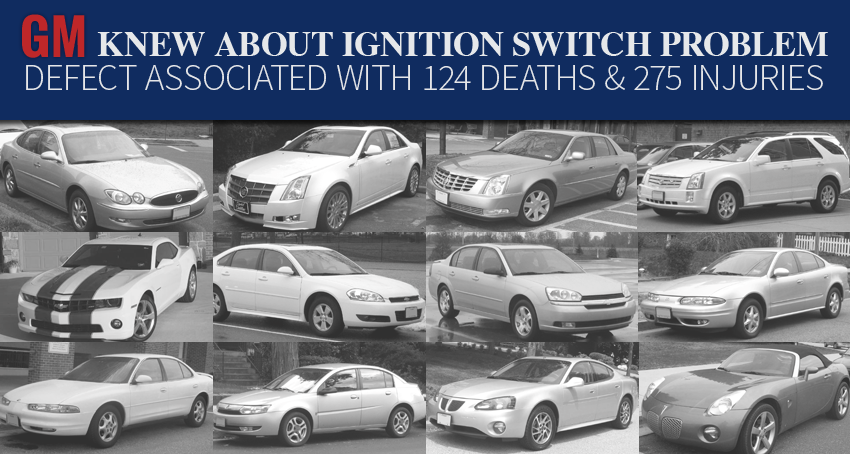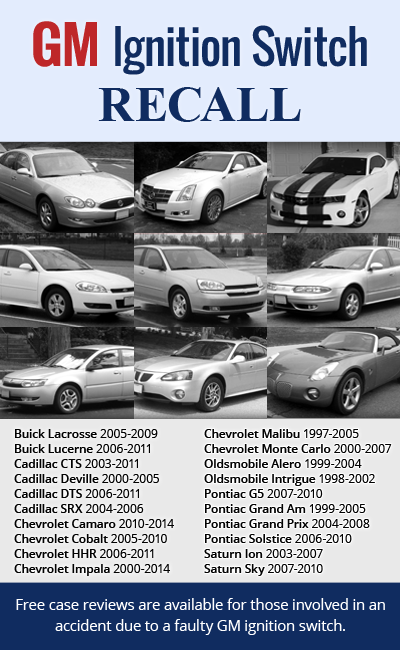If you served in the military between 2003 and 2015 and were issued 3M Dual-End or Reversible Combat Arms Earplugs (CAEv2) and have been diagnosed with Hearing Loss or Tinnitus (Ringing in Ear) you may be eligible for compensation.
Monroe Law Group is investigating claims that 3M and Aearo Technologies knowingly sold defective combat earplugs to U.S. Troops from 2003 to 2015.
Hearing loss is one of the most common and widespread issues affecting the men and women of the United States military. In 2003, the Department of Veterans Affairs (VA) reported that auditory system injuries, including full or partial hearing loss and tinnitus, were the third most common type of service-connected disability. By 2017, tinnitus and hearing loss were the top two service-connected disabilities for all compensation recipients. But while dangerous levels of sound are an unavoidable aspect of combat zones, many military personnel may have been needlessly exposed to hearing loss by using defective combat earplugs distributed by 3M.
In 2018, manufacturer 3M agreed to a $9.1 million settlement to resolve claims that the company knowingly sold dual-ended Combat Arms Earplugs, Version 2 (CAEv2) to the Department of Defense. The earplugs became standard issue and were supplied to thousands of servicemembers deployed to Iraq and Afghanistan from 2003 to 2015. The CAEv2 earplugs were marketed as being dual-purpose; wearing them one way would allow sounds such as speech to be heard, while the opposite end would provide protection from damaging sounds like gunfire.
Despite being the exclusive provider of selective attenuation earplugs for the U.S. military, the whistleblower qui tam lawsuit alleged that 3M (and Aearo Technologies, which was acquired by 3M in 2008) knowingly sold CAEv2 earplugs that contained a critical design defect.
Allegedly, the CAEv2 earplugs were too short for proper insertion into soldier’s ears, causing them to loosen imperceptibly during use which effectively rendered the earplugs useless.
3M and Aearo Technologies were not only accused of knowing about the defect as early as 2000, but also of manipulating test results to make the CAEv2 earplugs appear to meet government standards.
Without the necessary protection of adequate noise reduction, thousands of U.S. servicemembers may have unknowingly suffered permanent hearing loss and auditory damage from the din of gunfire and explosions, resulting in injury, pain and suffering, loss of consortium, and medical bills.
If you or a loved one were an actively deployed service member between 2003 and 2015 and have been diagnosed with partial or total hearing loss or tinnitus caused during service in the U.S. military, please submit the contact form on this page to discuss your potential legal options.






